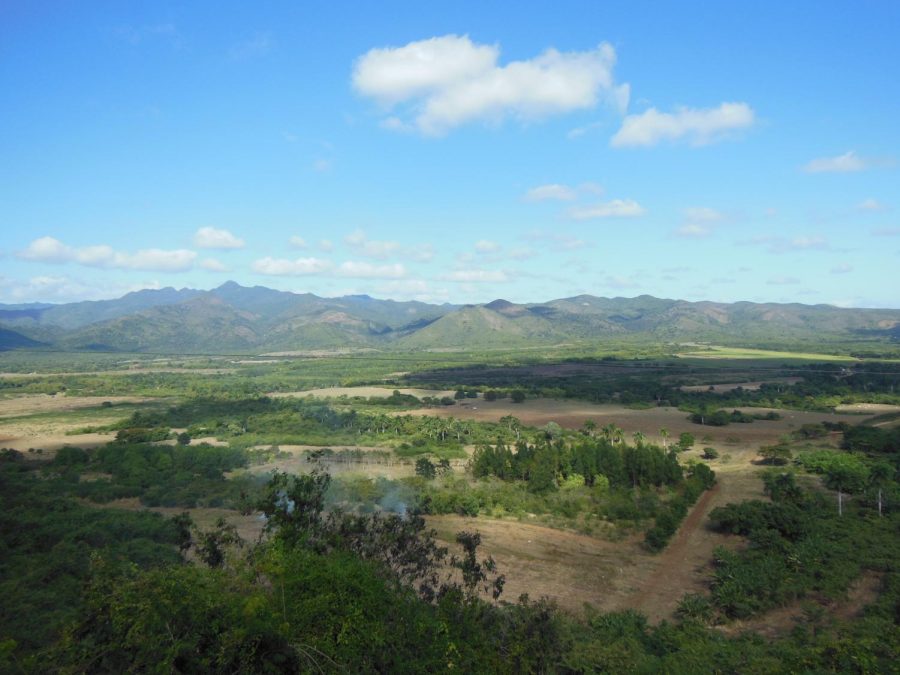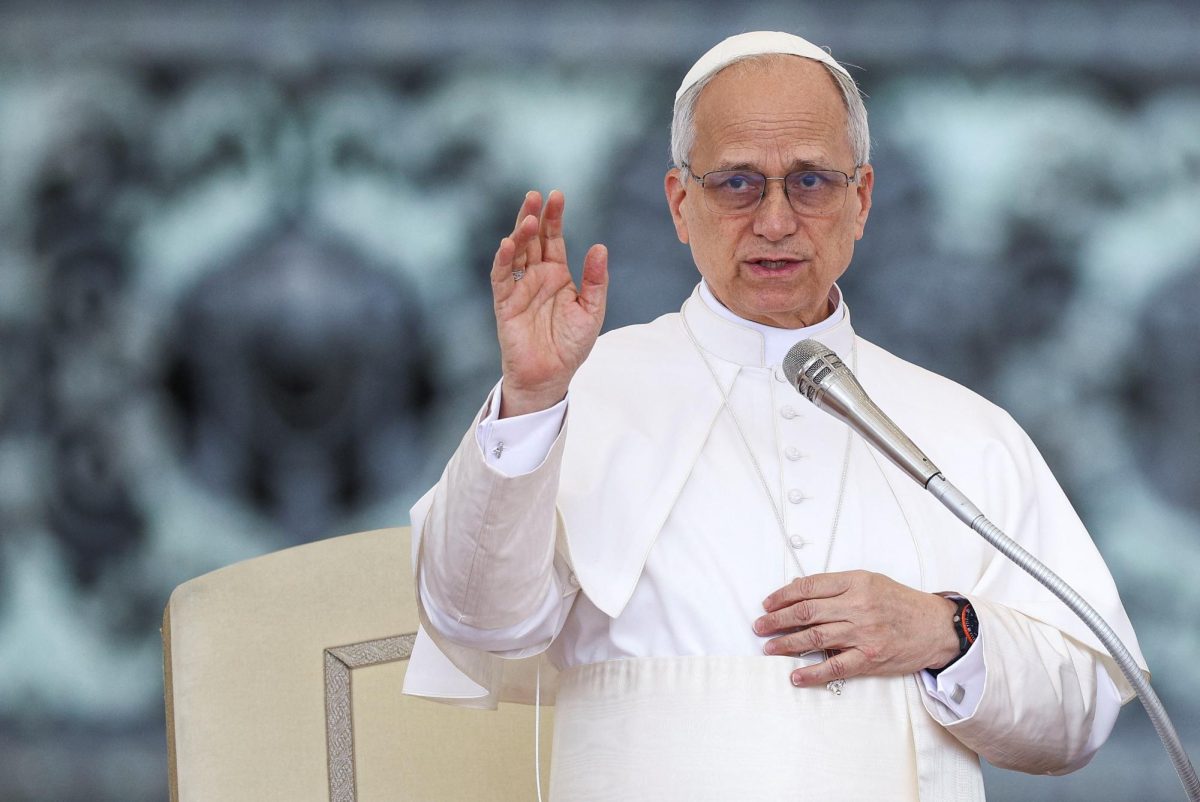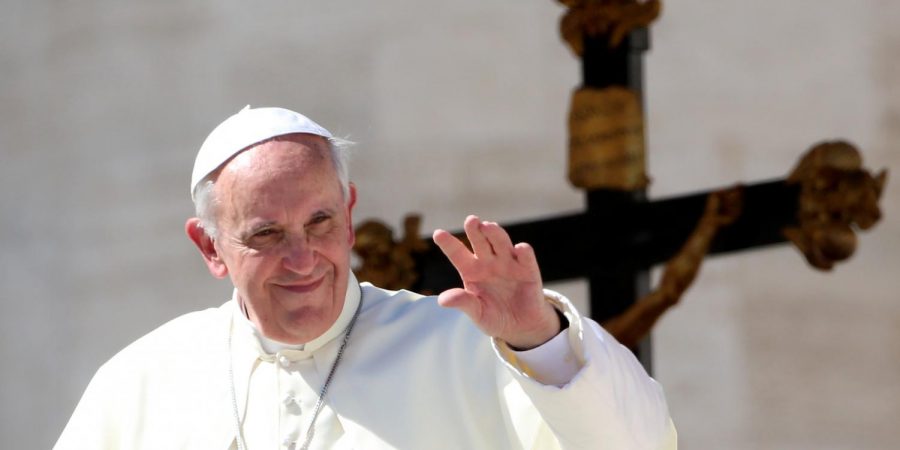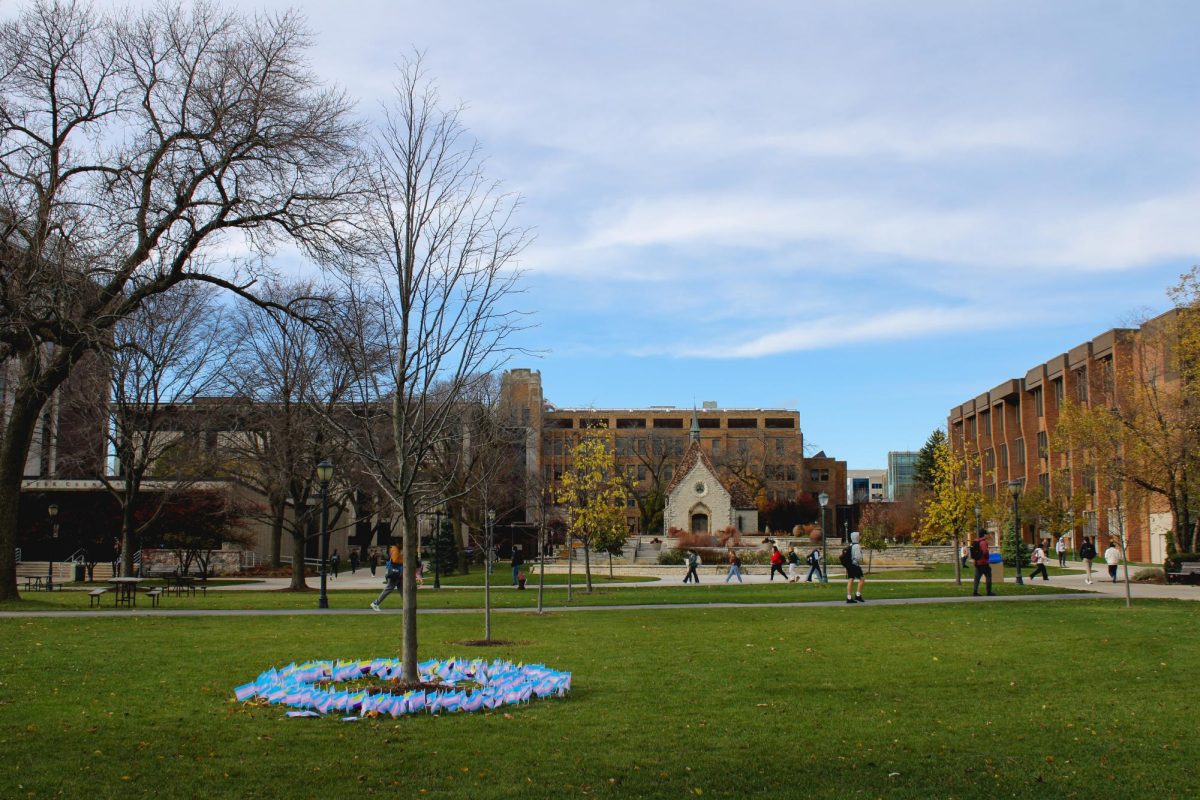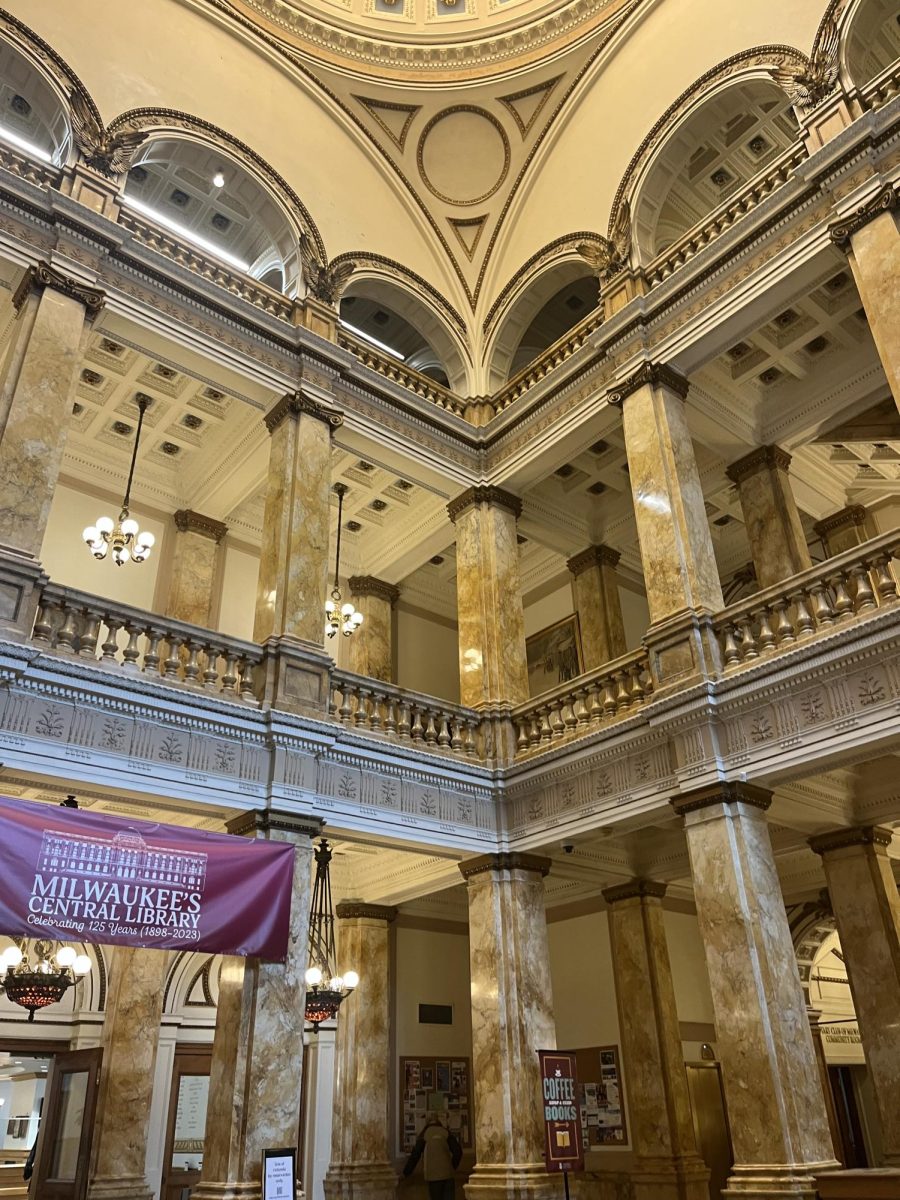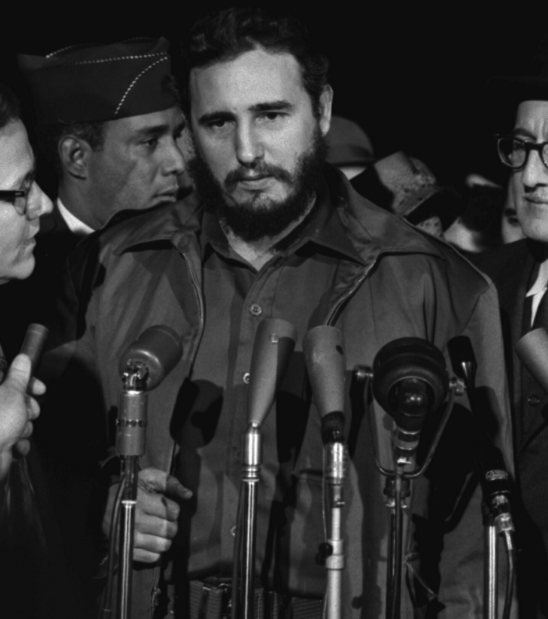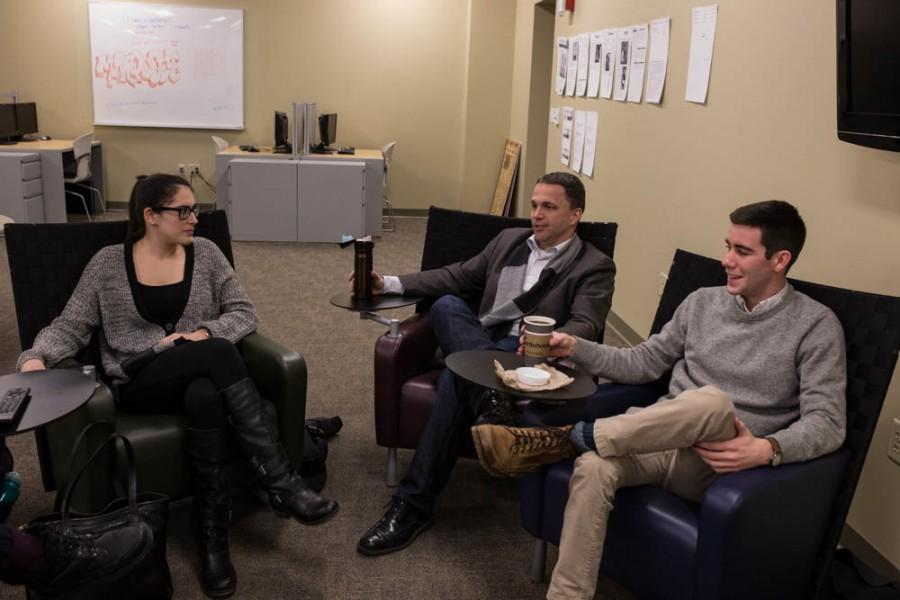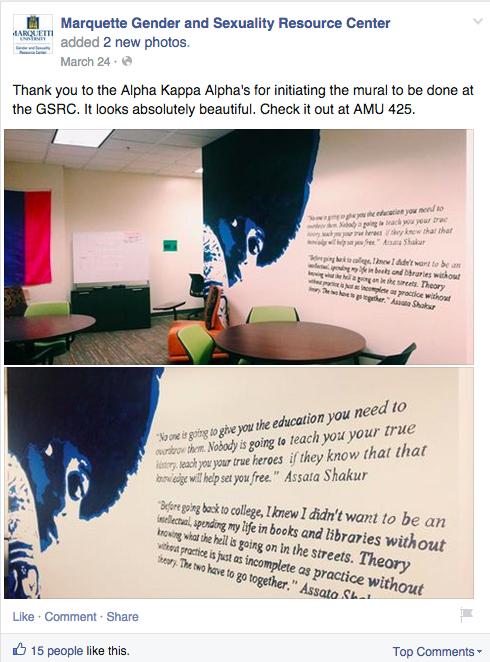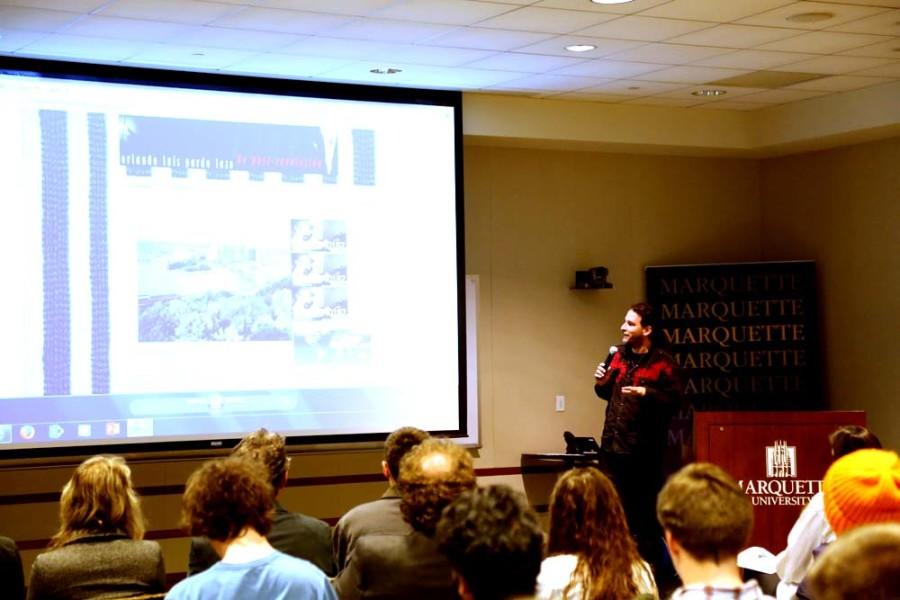I would like to begin this by stating that everything I speak about is from my own perspective and experience in Cuba. My opinions should not be taken as fact. I encourage you to visit Cuba to develop your own thoughts from what you see.
Over winter break, I had the opportunity to go on an International Marquette Action Program to Cuba through Campus Ministry. I.M.A.P. provides students the opportunity to put themselves in another society to deepen their understanding of values such as solidarity, justice and simplicity.
To say the least, it changed my life. I can say with confidence and certainty that I am not the same person I was before I left for Cuba. I am humbled by what I saw.
Before going to Cuba, I supported and advocated for the idea of community and unity and felt committed to promoting these ideas. I realize now that I lacked an actual grasp on what these ideas meant and had few experiences to articulate their importance.
While I was in Cuba, I witnessed love, community and solidarity in ways I had rarely seen outside of interactions with my family and friends in the United States. I frequently saw these elements of the country manifest in the Catholic churches and centers we visited. But I also saw them on the streets of Old Havana, Cienfuegos and Trinidad.
We not only observed the communities we were in, but we also engaged with them through speaking to vendors in markets and residents in neighborhoods. We were encouraged to speak and interact, but more importantly, to listen.
I was expecting the people we spoke with to be standoffish and unwelcoming due to the complicated history and relationship between the United States and Cuba. The United States denied Cuba independence with the passing of legislation like the Platt Amendment and the establishment of institutions like Guantanamo Bay.
But I realized early on in the trip that I was very wrong — the people at every church and center we visited greeted us with warmth and compassion.
The Catholic Church isn’t just an institution to attend Sunday mass, as it is commonly seen in the United States.
I witnessed the Catholic Church actually serve the community, providing different programming for children, adults and entrepreneurs and focusing on mental health and well-being, technology and research.
The Catholic Church helped the Cuban people live, connect and flourish.
People actually cared about each other in the Catholic Church and in Cuba in general. Living in an individualistic capitalist society like the United States, such genuine community is not prioritized and often not valued.
Despite the wariness and forewarnings of my family and friends, I wasn’t nervous about traveling to a communist country.
Unfortunately, fear is a sentiment I feel many Americans have about Cuba and communism in general.
The majority of my understanding about Cuba and communism came from learning about the Red Scare, the Cuban Missile Crisis and the Cold War through elementary, middle and high school. Communism was always painted as an idea that had to be eradicated. American values were believed to be under attack.
But we do not have the whole story. We understand history through our own lens, and we see what we want to see.
We are more similar than we think, which may or may not seem obvious. Racism and poverty exist within the U.S. They exist within Cuba as well. The concern for economic stability exists in the U.S. It exists in Cuba as well. The importance of family, health care and education exist in the U.S. They exist in Cuba as well.
Our political institutions are at odds, but that does not mean we have to be.
Of course, there are aspects of Cuba that I did not witness or experience while I was a visitor there. I only scratched the surface of Cuba’s culture, beauty and history. But I learned some critical lessons while I was there.
First, if we are to survive as a nation, as a people existing on the planet, we must work to see the similarities, not the differences, among ourselves within and across borders and water. We have to try and strengthen the communities around us. And we must do this while still acknowledging and combating the systemic and interpersonal oppression that groups encounter in our society.
Second, we have to check our privilege, whether that be racial, economic, gender or national. And this is not a matter of throwing pity on those less fortunate, but it is rather a matter of understanding and acknowledging our place in society as well as the social geopolitical context. What freedoms do you have? What basic needs are being met? What are you grateful for?
Third, we have to be comfortable with being uncomfortable, whether that be immersing yourself in a different environment and culture or confronting the past and acknowledging mistakes. We have to love each other. That doesn’t mean we have to agree with everyone, but we have to respect and recognize the existence of every person on this Earth.
Without that, I believe we are lost.
This story was written by Alex Garner. She can be reached at alexandra.garner@marquette.edu.

